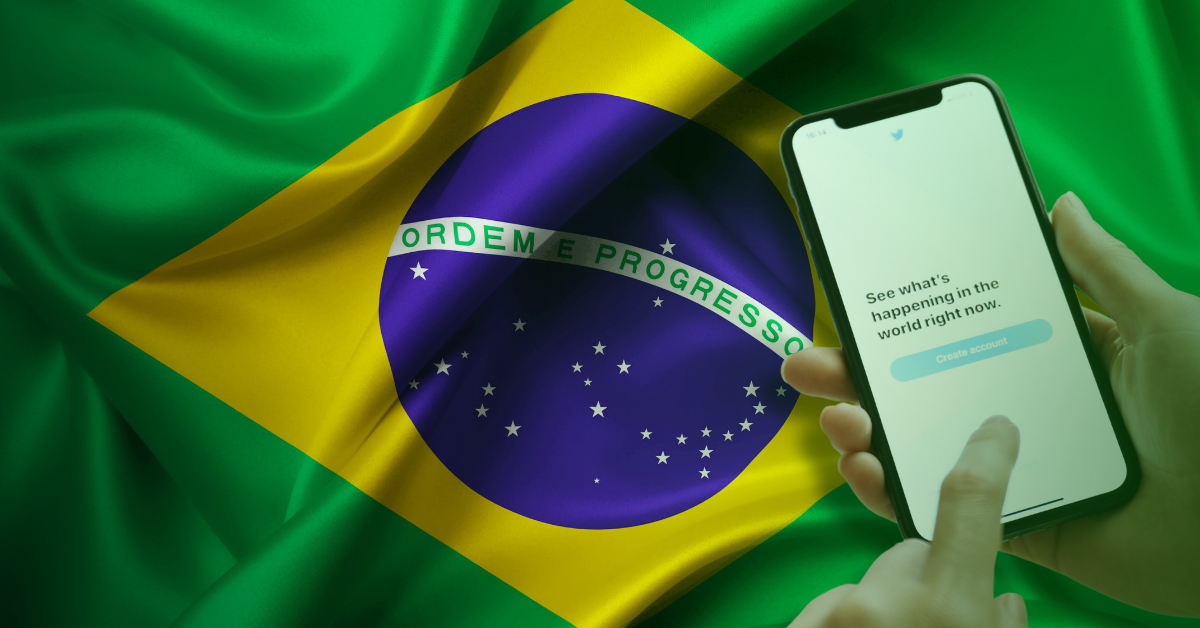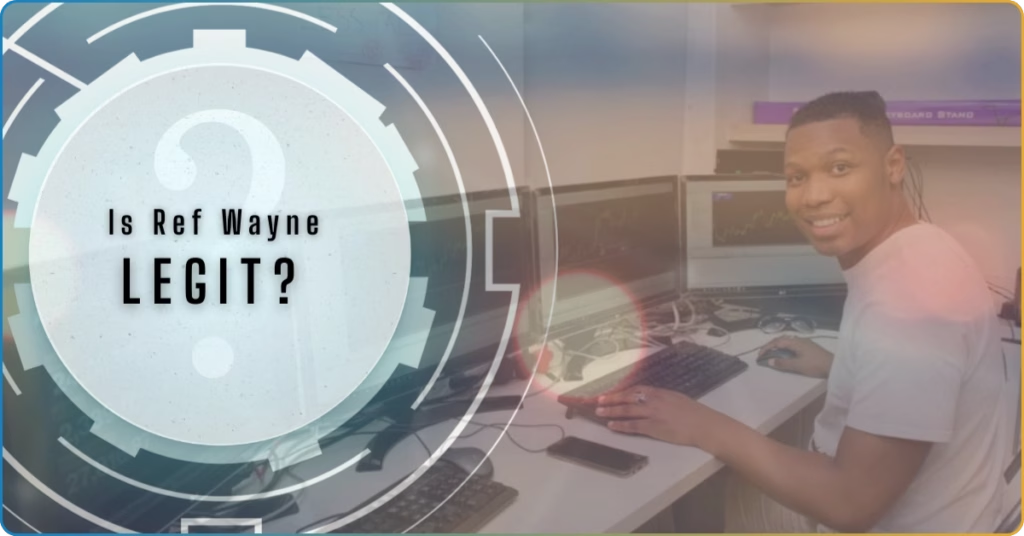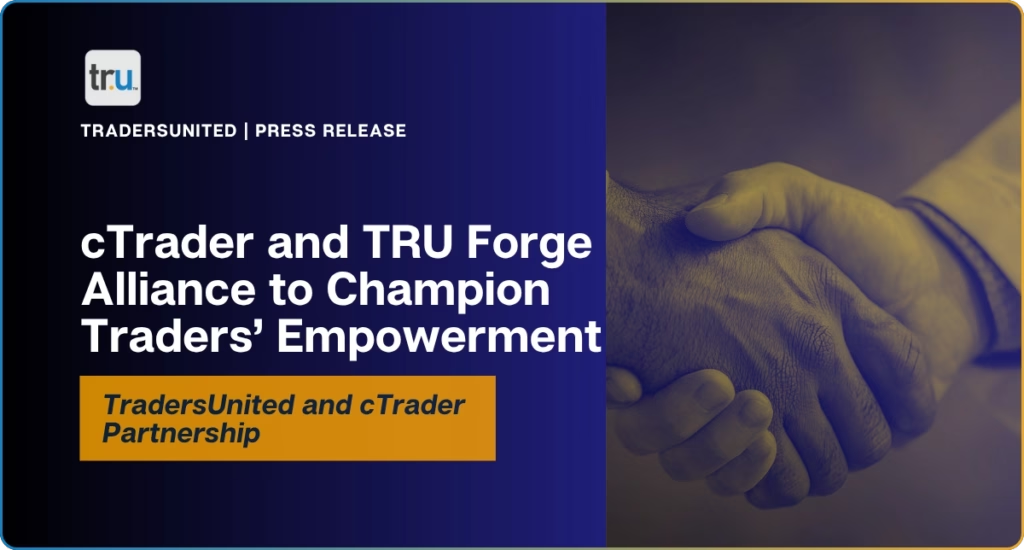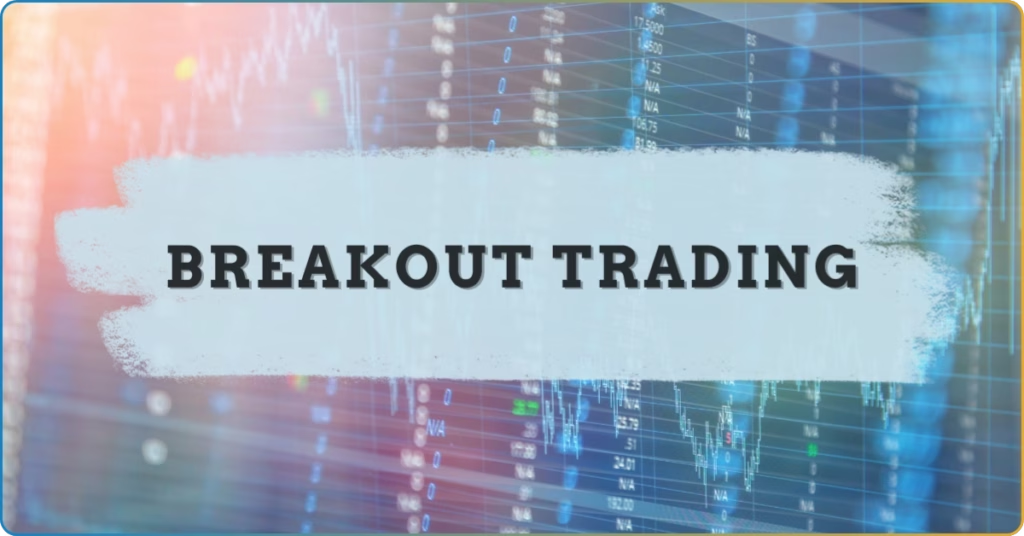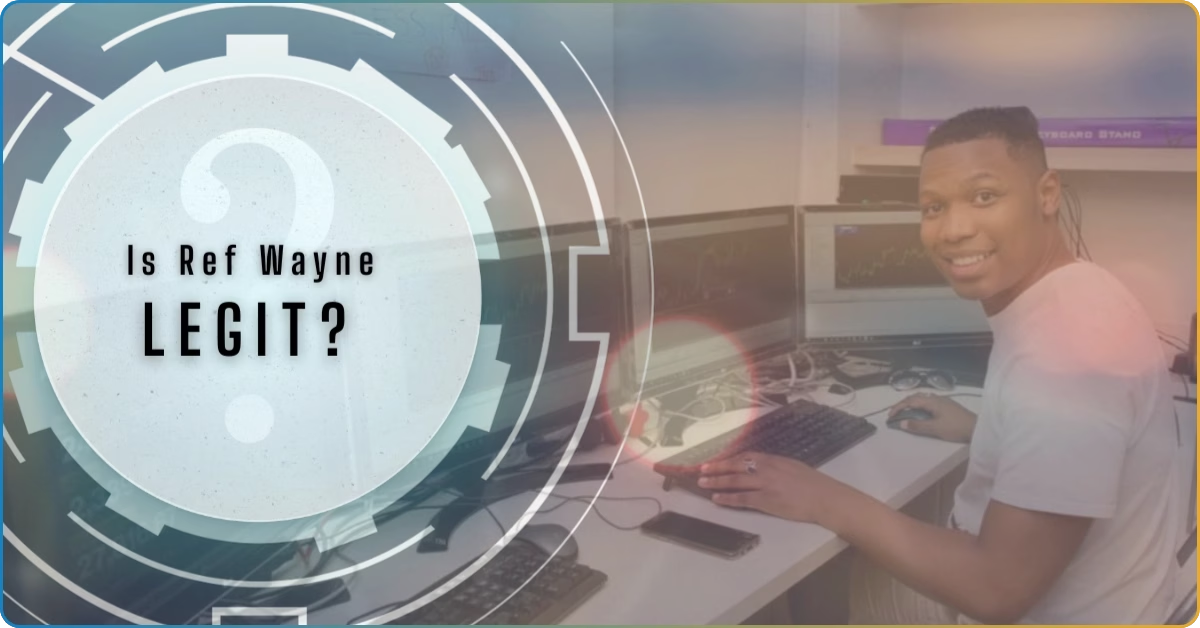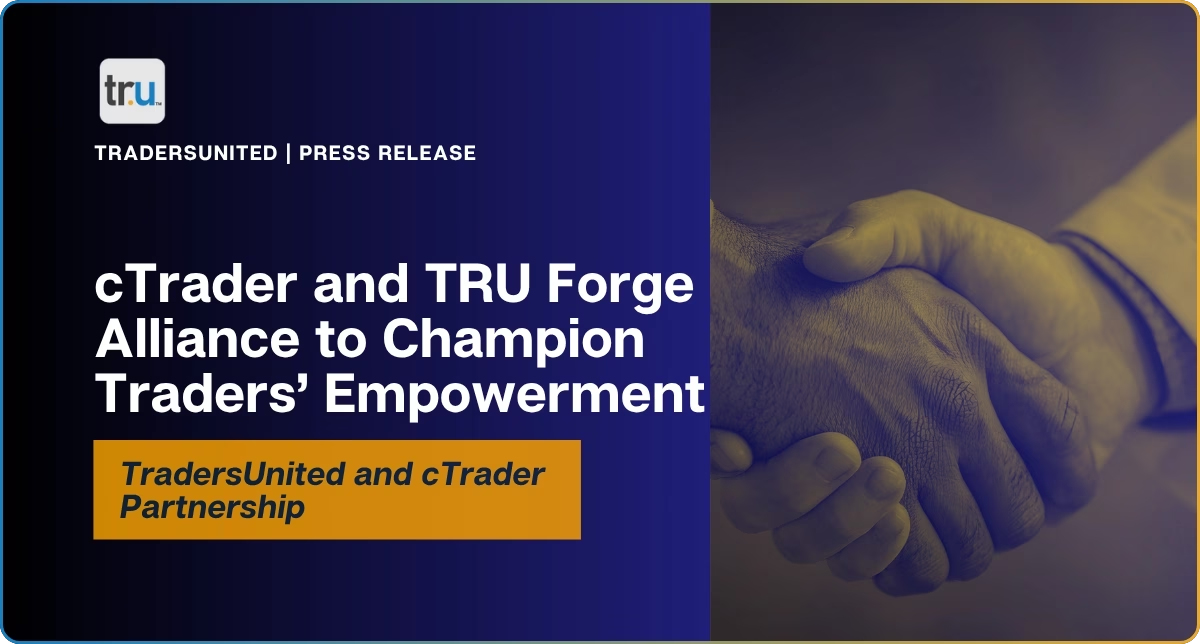Social networking platforms are great equalizers for global communication; they allow insights to be shared beyond borders instantaneously. However, behind its accessibility is the threat of anonymity in spreading disinformation within the digital world.
Today, netizens saw the X suspension (formerly known as Twitter) in Brazil, the fifth largest country per X users.
This follows Brazilian Supreme Court Judge Alexandre de Moraes’ investigation on the Digital Militia prevailing in the country, contextually suggesting that Elon Musk is tolerant of the spread of defamatory fake news and threats to Supreme Court justice on its platform.
With everything surrounding the issue, one thing is clear—social media users are extremely susceptible to misinformation.
Read on to learn more about X’s suspension in Brazil.
The Escalation of X’s Immediate and Complete Suspension in Brazil
Following the 2022 presidential loss of former Brazil President Jair Bolsonaro was the Supreme Court’s urgency to regulate the dissemination of information within social media networks, such as Facebook, Instagram, WhatsApp, Telegram, and X (formerly known as Twitter).
Brazilian Supreme Court Judge Alexandre de Moraes’s five-year investigation into digital militia resulted in the suspension of approximately 150 X accounts. These accounts allegedly publish posts with extremism, hate speech, and anti-democratic discourse within the community.
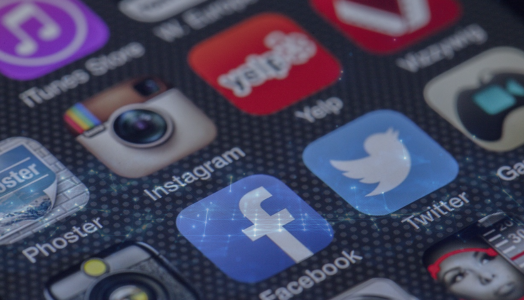
However, the self-proclaimed free-speech absolutist Elon Musk reinstated the suspended accounts; claiming that the account suspension was unconstitutional. This action marked the month-long conflict between Musk’s freedom of speech and De Moraes’ fight against misinformation.
Moreover, the strings of feuds resulted to Musk’s decision to shut down all X’s satellite offices in Brazil. However, that action go against Brazilian laws that requires all social media companies to have a Brazilian office and a local representative for the laws to enact upon the companies’ regulation.

With Musk’s incompliance with Brazilian law resulted to the complete X suspension in the country. Essentially, the company failed to pay the imposed fine, refused to name a local representative, and ultimately continued to reinstate the suspended accounts.
On De Moraes’ note, he stated that aside from Musk’s refusal to comply with the law, the platform suspension protects the citizens from the anticipated churn of misinformation on the upcoming October municipal elections.
How the Brazilian Supreme Court Ensures Total X Platform Suspension
Initially, the Brazilian Supreme Court restricted citizens’ access to X by ordering Google and Apple to stop offering the social media platform in the country. However, the court lifted the order to provide time for Musk to name X’s local representative.
Now that Elon Musk refused to follow the court order, De Moraes promptly instructed Anatel, the country’s telecommunications regulator, to block the country’s access to X on both the web and mobile applications.
The Brazilian Supreme Court informed the public that the platform would remain suspended until it complied with the court order. To ensure that Brazilians adhere to the platform suspension, the justice set a daily fine of 50,000 reais (8,900 USD) to individuals and companies using VPN to access the platform.
Musk’s Freedom of Speech and Its Alleged Tolerance to Disinformation
X, formerly known as Twitter, is a popular social networking site where users anywhere in the world can instantly access news and user-generated insights.
However, X’s active promotion of free speech and lenient dissemination of information impose threats to governments that enforce strict censorship.

X has a long history of being banned in different jurisdictions, especially in those with stringent controls over information dissemination. This includes countries like:
- China
- Russia
- North Korea
- Iran
- Myanmar
- Venezuela
- Turkmenistan
Are Other Social Media Also Susceptible to Platform Suspension?
With the prevailing social media disorder of disinformation, platforms like Facebook, TikTok, Instagram, and X have faced scrutiny for their lenient content moderation.
Brazilian Supreme Court has a long history of ordering internet service providers to comply with the rigid regulation of information dissemination. In fact, Meta’s WhatsApp—the largest messaging platform in the country- was banned several times because the company refused to comply with handing out user data to police authorities.
Moreover, Judge De Moraes also threatened to shut down Telegram as it repeatedly ignored the authorities’ request to block user profiles.
In other countries, different jurisdictions also implemented various laws to regulate disinformation on digital platforms.
Why You Should Ensure Information Credibility on Social Media
With social media affordance, internet users can access anything on the web. However, this presents the pressing issue of disinformation, which specifically harms users’ decision-making.
As a trader, believing in anything you see online is extremely detrimental to your investment capital. You should always seek credible information to ensure profitable, informed, and safe decision-making.
Joining a trading community like TRU CommuniTrade ensures that all trading information you receive is based on the first-hand experiences and insights of verified traders.

